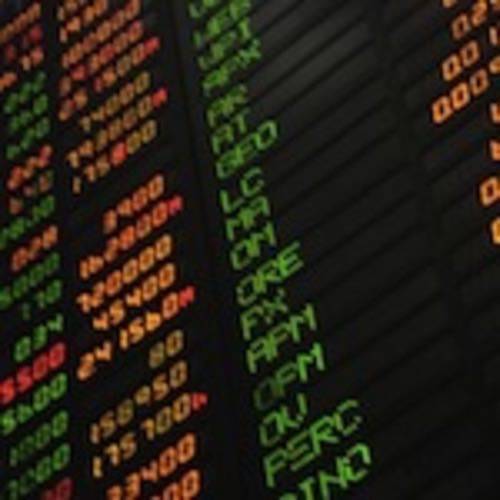Social media opens up both conversation and creativity for stock traders. But most importantly, it creates community around niche interest topics.

The way stocks are discussed among investors is different than it was even five years ago. In 2008, Howard Lindzon launched StockTwits, the online community of investors, with the idea that people wanted to share ideas about trading. Lindzon was a huge fan of Twitter, and so StockTwits was built off of that.
“A guy in Kansas can be the expert on grains, rather than the guy who trades grain stocks in New York,” says StockTwits CEO and Founder Howard Lindzon. “The Kansas guy can look out his window and tweet what he sees.” StockTwits, says Lindzon, has turned everyone into a potential market maker and expert.
A study published last year by Johan Bollen, a computer scientist at Indiana University Bloomington, investigated whether measurements of collective mood states derived from large-scale Twitter feeds correlated to the value of the Dow Jones Industrial Average (DJIA) over time. The algorithms he devised actually predicted the direction of the Dow Jones closing price within 87.6% accuracy. His sentiment analysis measured mood in six dimensions (calm, alert, sure, vital, kind and happy). He discovered that the index rose over a few days of “calm” tweets and dipped after a few days of more “anxious” feeling tweets.
“This puts a ton of pressure on traditional finance news media to keep up, open up or fall behind.” – StockTwits Executive Editor Phil Pearlman
Michael Bigger (
) calls himself an investor, trader and algorithmic trader. In a Twitter DM, he says that social media “allows me to sync my brain with people worthy of syncing. Augmented trader.” He also wrote a book on the topic titled
“How Traders Achieve Creative Flow.”
Joe D (@upsidetrader) says that social media actually hasn’t changed the way he trades but, he says, “it has made me a much sharper trader I think because when you share with the community it keeps you accountable.” He has been a full-time day and swing prop trader for more than 20 years, and is a former hedge fund founder and manager.
Social media also delivers information far more quickly than traditional finance news media. Says Lindzon, “NASDAQ, Reuters, PRWire, they don’t do social distribution.” Adds StockTwits Executive Editor Phil Pearlman adds: “This puts a ton of pressure on traditional finance news media to keep up, open up or fall behind.”
The downsides? Social media does tend to be a bit impulsive and, as stock market blogger “The Wild Investor” says, gone is a “sense of finality.” Social Media Consultant Michael Carusi says that the “spontaneousness is exactly what’s wrong with predicting sock market information using Twitter. People on their phones may mistakenly tweet a bogus story without even realizing it.” He believes that every industry, including the financial industry, will find ways to take advantage of social media, but also needs to “keep in mind that social media is very susceptible to misleading information.”
For now, conversations are trading live on Twitter and StockTwits, not Facebook, which is more of a space for friends, family, puppies, super-sharable graphics, but not stocks. Where will the conversation go next?
Lindzon thinks Foursquare has the potential around location, especially in the areas of measuring data around retailer and restaurant traffic. Is this a data set that hedge funds might be interested? For now, only six percent of people are using geosocial apps like Foursquare.
















